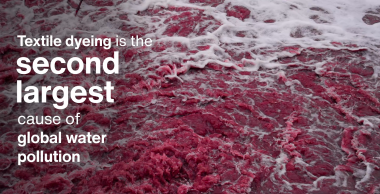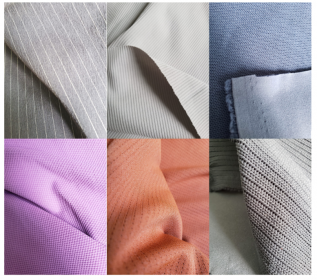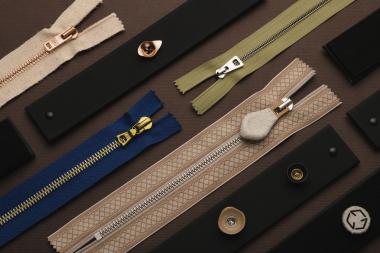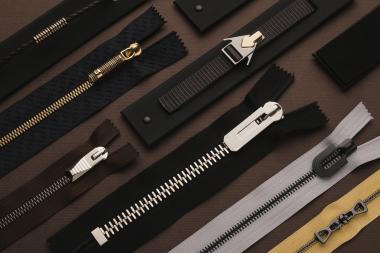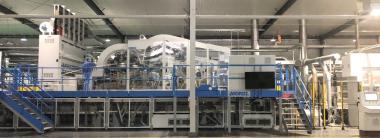ECOSENSOR™ by Asahi Kasei Advance launches its FW 22/23 fabric collection
For its FW 22/23 collection, ECOSENSOR™ by Asahi Kasei Advance presents a high-tech fabric collection, which implements a new generation of values, with the aim of keeping nature, body and mind in harmony.
ECOSENSOR™’s new references meet the needs of the contemporary consumer, such as durability, wellbeing and performance. Furthermore, they are made with certified ingredients, through a completely traceable and transparent production process and supply chain. Being capable of combining active climate control, exquisite touch, lightness and comfort with sustainable values, ECOSENSOR™’ stands out as a unique eco-high-tech performance proposition in its market.
The whole collection is focused on advanced technology and environmental responsibility. Thanks to ECOSENSOR™ by Asahi Kasei Advance’s unique value-chain based on recycling technology, most part of its yarns are certified by the renowned GRS (Global Recycled Standard). Even the dyeing and finishing phases - key moments for performance wear - have been certified by international labels such as bluesign® and OEKO-TEX® Standard 100.
Among the compositions of the fabrics, dominant are the recycled polyamide (58%) and polyester (39%) yarns. The stretch component present in 22 articles of the collection is based on ROICA™ EF by Asahi Kasei - the sustainable recycled stretch yarn made from pre-consumer waste. In addition, 8 fabrics of the FW22/23 collection are made of Bemberg™ by Asahi Kasei - the high-tech yarn born from the transformation of cotton linters through a fully circular, transparent and traceable process with an amazing precious hand, optimal moisture management characteristics, whose end of life guarantees its biodegradability and it also carries GRS certification.
Featuring a total of 36 fabrics, the collection is composed of:
- 7 outerwear fabric
- 22 sportswear fabrics
- 7 innerwear fabrics
GB Network










